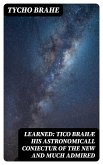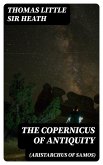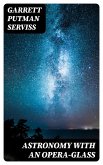In "Mars. III. Canals," Percival Lowell presents a meticulous examination of the Martian landscape, proposing the existence of complex canal systems as evidence of advanced civilization on the Red Planet. Employing a blend of observational science and speculative reasoning, Lowell's literary style is both lyrical and analytical, serving to engage readers in the scientific discourse of the late 19th and early 20th centuries. As a part of his broader series on Mars, this volume aligns with the burgeoning interest in astronomy and planetary studies, prompting critical reflection on humanity's place in the cosmos. Percival Lowell, an American astronomer and mathematician, was profoundly influenced by his travels and studies in Japan, where he became captivated by the distinction between Eastern and Western understandings of nature. His extensive observations of Mars at the Turner Observatory led him to theorize about the planet's potential for hosting intelligent life. Lowell's work is underpinned by a deep fascination with both science and art, which drove him to publish numerous writings intended to ignite public interest in astronomy. Recommended for both astronomy enthusiasts and novices alike, "Mars. III. Canals" invites readers to explore the imaginative realms of planetary exploration. It challenges the boundaries between fantasy and reality, encouraging a thoughtful dialogue about the possibilities of extraterrestrial life. This book stands as a significant piece of scientific literature and a testament to humanity's eternal curiosity about the universe.
Dieser Download kann aus rechtlichen Gründen nur mit Rechnungsadresse in A, B, BG, CY, CZ, D, DK, EW, E, FIN, F, GR, H, IRL, I, LT, L, LR, M, NL, PL, P, R, S, SLO, SK ausgeliefert werden.









